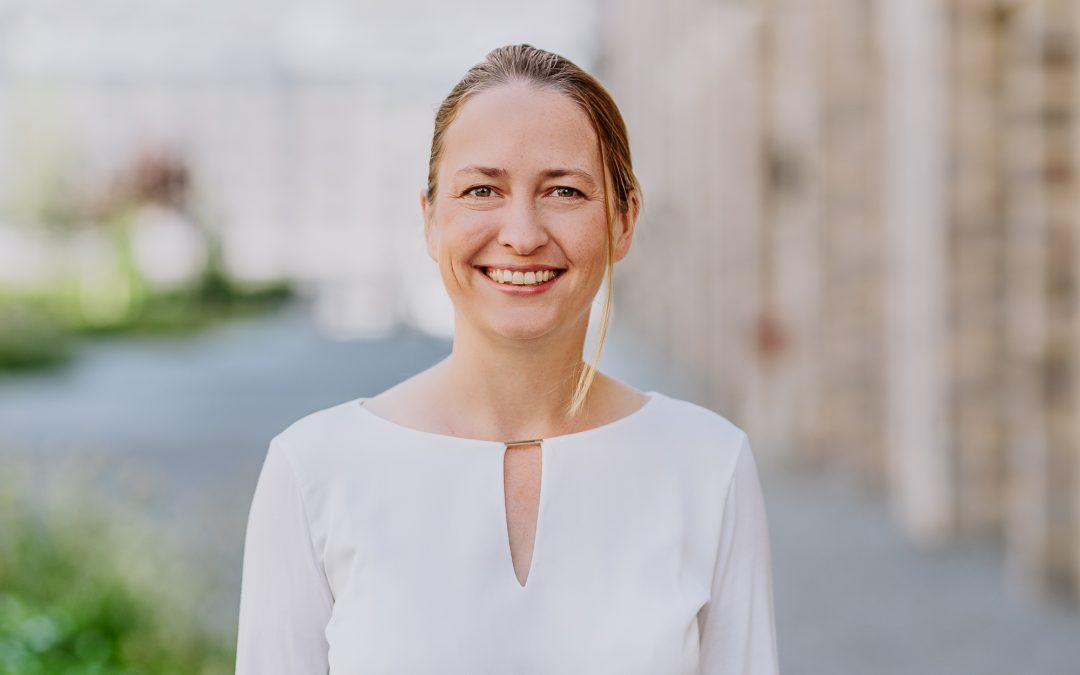Once a year, the Federal Statistical Office publishes new data on the gender pay gap. WeltSparen took a look at the data on the occasion of Equal Pay Day and shows why looking at the gender pay gap alone falls short. Katharina Lüth, Chief Client Officer at Raisin and WeltSparen, explains how much money women are really missing out on and what that means for their finances. Her advice to women on Equal Pay Day is: "There is no one right way. It is important to be aware of the long-term consequences of all decisions. At the end of the day, part-time work means not only a loss of income and a poorer income development, but also a loss of pension." It is therefore all the more important, especially for women, to use the often manageable financial resources intelligently and to save wisely. "However, the responsibility for the framework conditions goes beyond the individual level," says Lüth, "it is up to society to eliminate discrimination against women and injustices such as the gender pay gap."
Gross monthly earnings of women 32% lower than for men
In 2022, women in Germany earned an average of 18% less per hour than men - the well-known gender pay gap. But if you really want to understand the financial situation of many women, you also have to look at other differences in the employment histories of women and men. This is the only way to explain the fact that around 2.7 million women currently have to reckon with a future pension of less than a thousand euros.
According to the Federal Statistical Office, this is also due to other factors. Women not only have lower gross hourly earnings, but also work only 121 hours per month, while men work an average of 148 hours per month. This gender hours gap amounts to 18%. In addition, women are generally less likely to work for pay. The employment rate for women was 9% lower at last count. Overall, women have an average gross monthly income that is 32% lower than that of men.
Women have to save significantly longer to reach goals
On average, men earn EUR 3,713 gross per month, while women earn only EUR 2,527. Assuming a savings rate of 5% of gross income, men could therefore save around 186 euros per month, while women could only save around 126 euros.
Accordingly, women take longer to reach certain goals. At 2% interest, women reach a savings balance of 10,000 euros only after more than 6 years, almost two years later than men. If a woman wants to buy an average used car, she has to save for more than 16 years. Men have the necessary 28,749 euros in savings after just 11.5 years - almost 5 years earlier. When it comes to larger sums, the gap widens even further. For 100,000 euros, women have to save for around 10 years longer. It takes 42 years for their savings to reach six figures.
However, the interest rates also help women with lower earnings to get something for their money. With an investment period of 10 years and the above savings rates, women still earn significantly less than men. But it's still worth it: after 10 years, women would have around 16,720 euros on the books, and nearly 1,600 euros of that would be interest credits. Men would have around 24,700 euros with interest credits of around 2,360 euros.
Work free of charge at own expense
One reason for the above-mentioned differences is that women often continue to carry the lion's share of the valuable but mostly unpaid care work. They take time off to care for relatives or children, but are able or willing to work less or not at all as employees. They often also work in industries and professions that pay significantly lower wages. But even women with a similar employment history in a comparable occupation still earn significantly lower wages than men. The German Federal Statistical Office puts this difference, which is known as the bereinigter Gender Pay Gap .
Foto: Lukas Schramm



